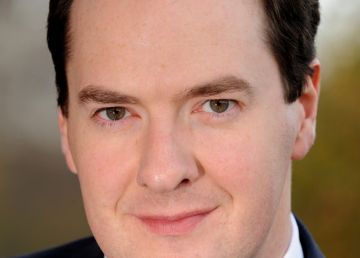 CES organiser Gary Shapiro, of the Consumer Technology Association, said that the UK government is pants when it comes to encouraging start-up technology firms.
CES organiser Gary Shapiro, of the Consumer Technology Association, said that the UK government is pants when it comes to encouraging start-up technology firms.
Shapiro said that Blighty has been slow to the game and while he has some minister from the UK coming to the show there is not a lot of activity that we’ve seen at CES.
“I think it’s a source of embarrassment,” said Shapiro.
Other countries do things much better. The French give lots of support to tech firms but the UK’s attitude of the UK government was short-sighted.
About five times as many French companies are attending the year’s biggest consumer technology trade fair as compared to British firms. Canada, China, Taiwan and South Korea are well ahead of the UK.
The UK’s Department for International Trade (DIT) said that such a statement was jolly unfair as it was providing “targeted support” to such firms. In other words, rather than support a large number of start-ups it is providing only a small number of start-ups. It saves money and you don’t have to give money to any riff-raff who asks you for it.
According to BBC, earlier a UK Trade and Investment stand used to be present at CES, but this year there will be no stand. While British electronics retailers will be at the show, but are less likely to find anything that is created in the UK.









